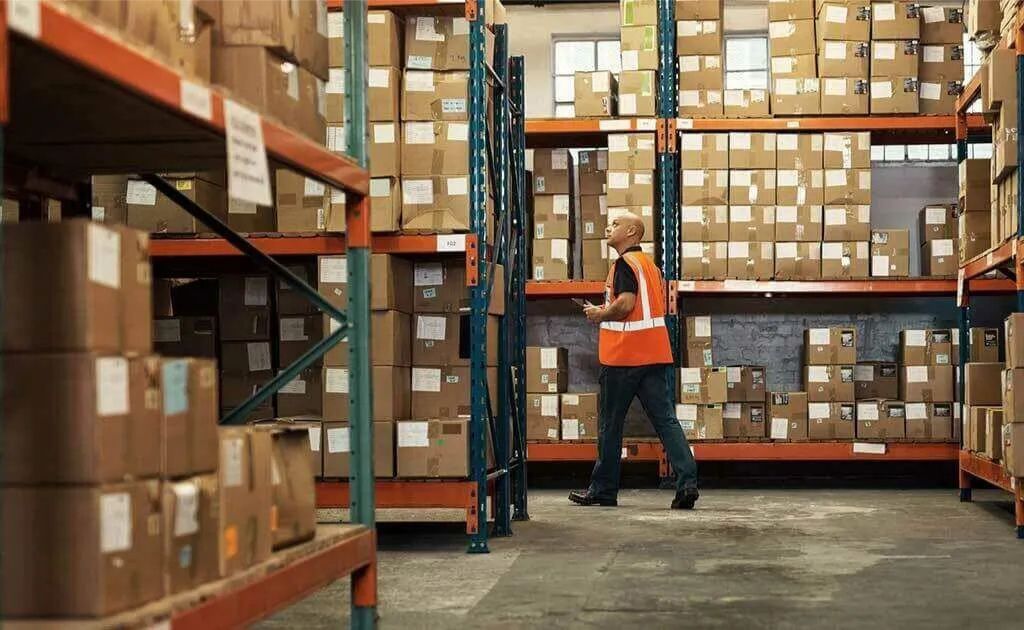Introduction
In the global supply chain, Distributor play a pivotal role, bridging the gap between manufacturers and retailers. These entities buy goods in bulk directly from producers and sell them to businesses, often at a lower per-unit cost than retail. Whether you’re a retailer looking to stock your shelves or an entrepreneur exploring wholesale distribution, understanding how the system works is essential for success.
This article delves into the fundamentals of wholesale distribution, key qualities of a good wholesale distributor, how to find reliable suppliers, and strategies for thriving in the wholesale business.
What is a Wholesale Distributor?
A wholesale distributor is a middleman who purchases products in large quantities from manufacturers and sells them in smaller quantities to retailers, resellers, or sometimes other distributors. Their primary role is to streamline the supply chain, making it easier for businesses to access the goods they need without directly dealing with manufacturers.
Key Roles of Wholesale Distributors:
- Inventory Management: Distributors stock products in bulk, reducing the need for retailers to maintain large inventories.
- Logistics and Delivery: They ensure timely delivery of products to retailers.
- Market Expansion for Manufacturers: Distributors often help manufacturers penetrate new markets.
- Cost Efficiency for Retailers: Buying from wholesalers is typically more affordable than directly from manufacturers due to the economies of scale.
Benefits of Working with a Wholesale Distributor
1. Cost Savings
Wholesale distributors purchase goods in bulk, allowing them to offer lower prices to their clients. Retailers can take advantage of these cost savings, increasing their profit margins.
2. Access to Diverse Products
Wholesalers often source from multiple manufacturers, providing a variety of products in one place. This saves time for businesses looking for a range of goods.
3. Streamlined Supply Chain
Instead of managing multiple suppliers, businesses can simplify their operations by working with one or a few distributors.
4. Support and Expertise
Established distributors often provide insights into market trends, best-selling products, and inventory management.
How to Choose the Right Wholesale Distributor
Finding a reliable wholesale distributor is crucial for any business that relies on a steady supply of goods. Here are the steps to help you identify the best partner for your needs:
1. Research and Networking
- Online Directories: Platforms like Alibaba, ThomasNet, and Wholesale Central list verified distributors.
- Trade Shows: Attend industry-specific trade shows to meet distributors and learn about their offerings.
- Professional Networks: Connect with other business owners for recommendations.
2. Assess Reliability
- Check reviews, ratings, and customer testimonials.
- Ask for references from existing clients.
- Evaluate their track record in terms of delivery times and product quality.
3. Evaluate Pricing and Terms
- Request a price list and compare it with competitors.
- Understand payment terms—do they offer credit, discounts for bulk orders, or flexible payment schedules?
4. Ensure Product Compatibility
Make sure the distributor specializes in the type of products you need and has experience in your industry.
5. Check for Value-Added Services
- Do they offer marketing support?
- Are they willing to help with inventory management or logistics?
Types of Wholesale Distributors
1. General Wholesalers
These distributors provide a wide range of products across multiple industries. They are ideal for retailers seeking diverse inventory from a single source.
2. Specialty Wholesalers
Focused on niche markets, these wholesalers deal in specific product categories such as electronics, apparel, or automotive parts.
3. Drop Shippers
Drop shipping distributors fulfill orders directly to the end customer on behalf of the retailer, eliminating the need for the retailer to hold inventory.
4. Cash-and-Carry Wholesalers
These wholesalers operate warehouses where customers can physically pick up products after making a purchase.
Starting Your Wholesale Distribution Business
Step 1: Market Research
Understand the industry you want to enter. Identify high-demand products and potential competitors.
Step 2: Business Plan
Outline your goals, target market, financial projections, and strategies for sourcing and distributing products.
Step 3: Secure Funding
Wholesale distribution often requires significant capital for inventory, warehousing, and logistics. Explore funding options like loans, investors, or savings.
Step 4: Find Reliable Suppliers
Build relationships with manufacturers or larger wholesalers to source products at competitive prices.
Step 5: Set Up Operations
- Warehousing: Invest in storage facilities to hold your inventory.
- Logistics: Partner with reliable shipping companies for smooth delivery.
- Technology: Use inventory management and customer relationship management (CRM) software.
Step 6: Build a Customer Base
Develop marketing strategies to attract retailers. Attend trade shows, network in your industry, and leverage online platforms.
Challenges in Wholesale Distribution
1. High Initial Investment
Starting a wholesale distribution business requires substantial capital for purchasing products and setting up infrastructure.
2. Inventory Management
Balancing supply and demand can be challenging. Overstocking ties up capital, while understocking risks losing customers.
3. Competitive Market
Wholesale distribution is highly competitive, with many players vying for market share.
4. Logistics and Delivery Issues
Timely delivery is crucial. Partnering with unreliable logistics providers can damage your reputation.
Trends in Wholesale Distribution
1. E-commerce Integration
Many wholesalers now offer online platforms for retailers to place orders seamlessly.
2. Sustainability
Eco-friendly products and sustainable practices are gaining importance in wholesale operations.
3. Automation
Advanced technologies like AI, robotics, and data analytics are transforming inventory management and logistics.
4. Globalization
Wholesalers are increasingly sourcing products from international markets to offer competitive pricing and unique items.
Conclusion
Wholesale distributors are the backbone of the supply chain, enabling retailers to access products efficiently and at competitive prices. Whether you’re looking to partner with a distributor or start your own Wholesale Extracts Flavorfrenzy business, understanding the nuances of this industry is essential for success.
By focusing on building strong relationships, leveraging technology, and staying updated with market trends, businesses can thrive in the dynamic world of wholesale distribution.

